Many excrement shovelers will ignore the cat's teeth health problems, but in fact cat teeth can develop problems just like human teeth, and if left untreated, these problems can lead to bad breath, tooth decay, gum disease, and tooth loss.
Some of the common dental problems in cats include:
Plaque and Tartar Buildup: Plaque is a sticky film of bacteria that forms on cat teeth, and if not removed, it can harden into tartar. Plaque and tartar buildup can lead to bad breath, tooth decay, and gum disease.
Periodontal Disease: This is a bacterial infection of the gums and tissues that surround and support the teeth. It can cause tooth loss and can also affect the overall health of your cat.

Tooth Resorption: This is a painful condition where the body breaks down and reabsorbs a tooth's structure. It can result in tooth loss and may require tooth extraction.
Broken Teeth: Cats can break their teeth due to trauma or chewing on hard objects. Broken teeth can be painful and may require extraction.
There are several reasons why a cat's teeth can go bad.
Some of the common reasons include:
Poor Dental Hygiene: Cats that do not receive proper dental care, including regular brushing and professional cat dental cleaning, are more likely to develop dental problems such as plaque and tartar buildup, gingivitis, and periodontal disease.
Diet: A diet that is high in carbohydrates and low in protein can contribute to dental problems in cats. Carbohydrates can lead to plaque buildup, while protein helps to keep the cat teeth clean.

Genetics: Some cats may be more prone to dental problems due to their genetics. For example, some breeds, such as the Siamese, may be more prone to gum disease.
Age: As cats age, they become more prone to dental problems. This is because their teeth may wear down, and their gums may recede, making them more susceptible to infections. You should pay more attention to cat dental care.
Trauma: Trauma to the teeth or mouth, such as from a fall or a fight with another cat, can also lead to dental problems.
Taking care of your cat's teeth is an important part of their overall health and well-being.
Here are some tips for maintaining your cat's dental care:

Brushing cats teeth: Brushing your cat's teeth regularly helps to remove plaque and tartar buildup. Use a soft-bristled toothbrush and specially formulated toothpaste for cats. You can gradually introduce toothbrushing to your cat by starting with a small amount of cat toothpaste on your finger and gradually progressing to using the toothbrush.
Provide dental treats and toys: Dental treats and toys can help to keep your cat's teeth clean and healthy. Choose treats that are specifically designed for cat dental health, and toys that encourage chewing and playing.
Feed a balanced diet: A balanced diet that is high in protein and low in carbohydrates can help to maintain your cat's dental care. Wet food can also be beneficial as it helps to keep your cat hydrated.

Regular dental check-ups: Regular dental check-ups with your veterinarian are important for detecting and preventing dental problems. Your veterinarian can also provide professional dental cleaning if necessary.
Be aware of signs of dental problems: Signs of dental problems in cats include bad breath, difficulty eating, drooling, and pawing at the mouth. If you notice any of these signs, consult your veterinarian.
By following these tips, you can help keep your cat's teeth healthy and prevent dental problems.


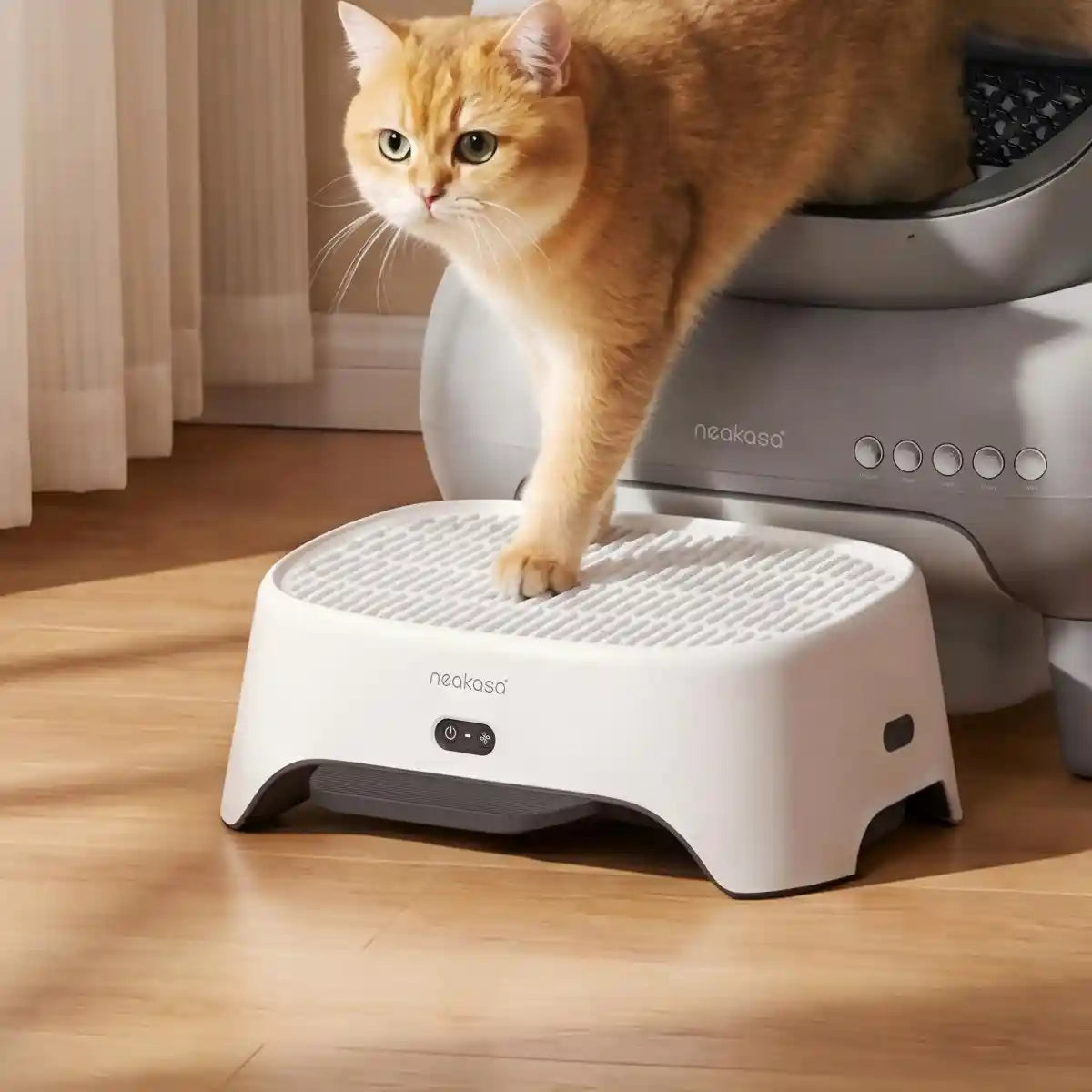
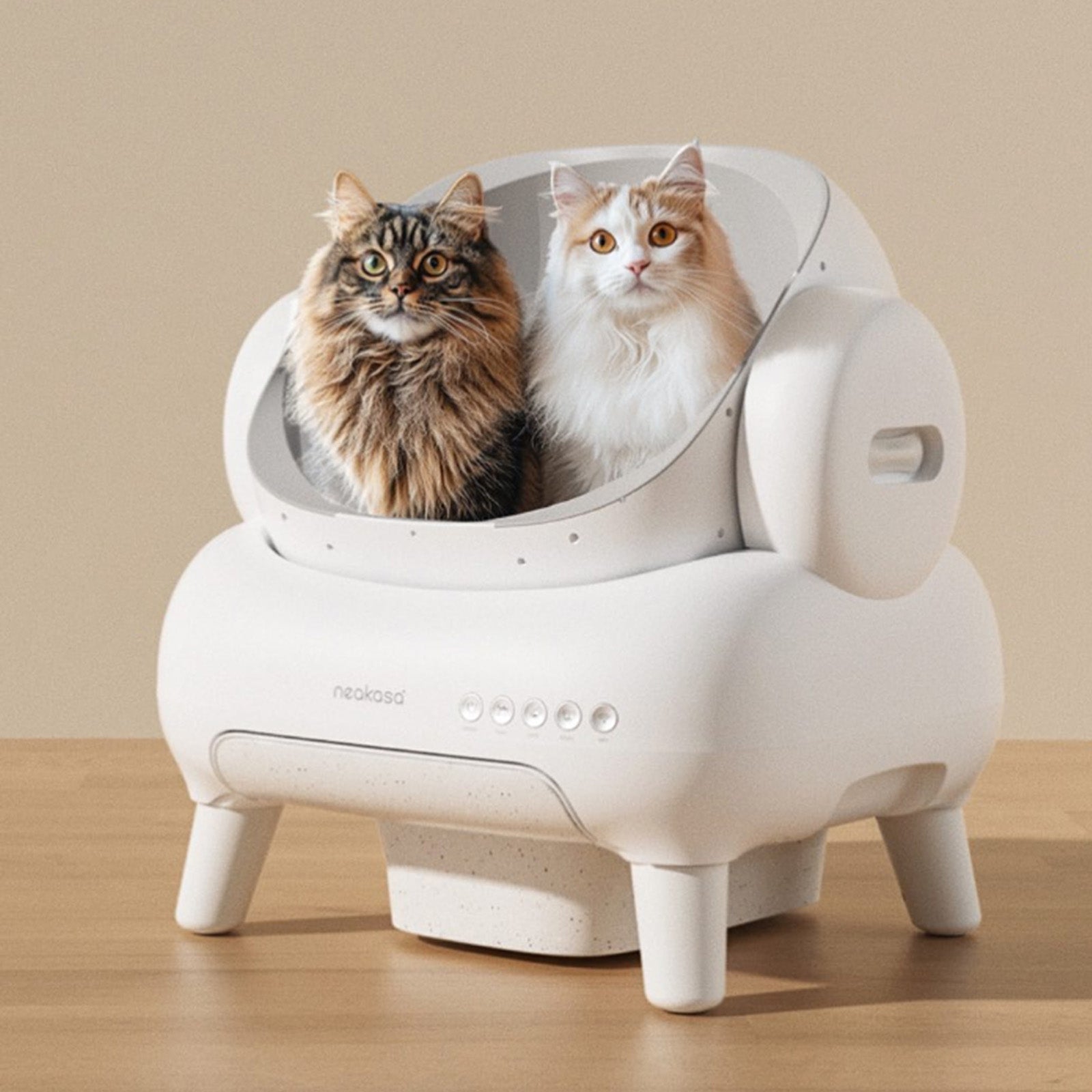
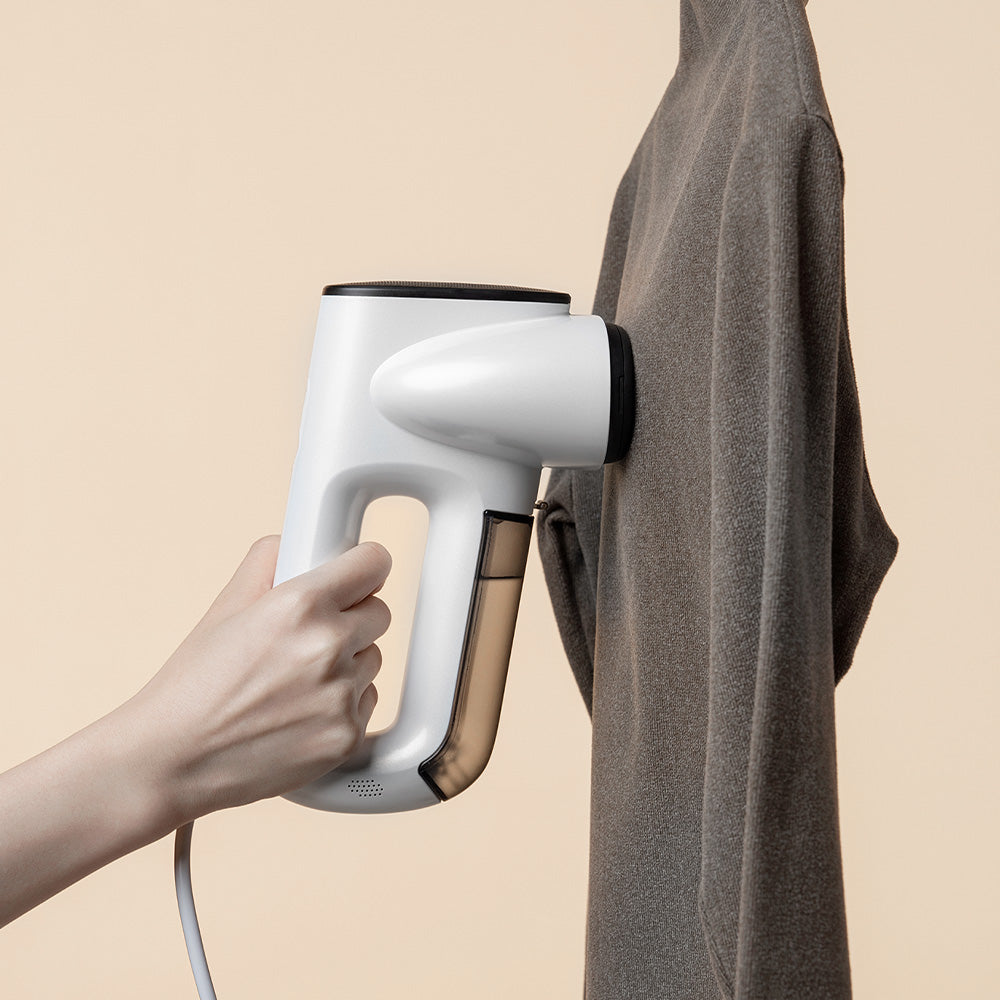
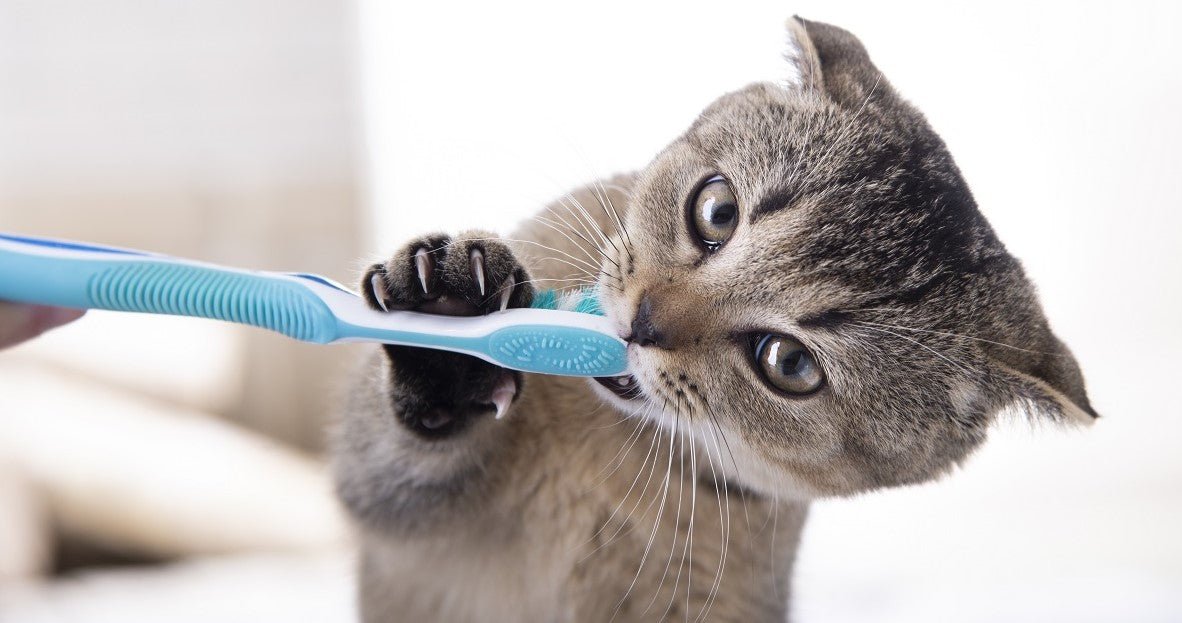
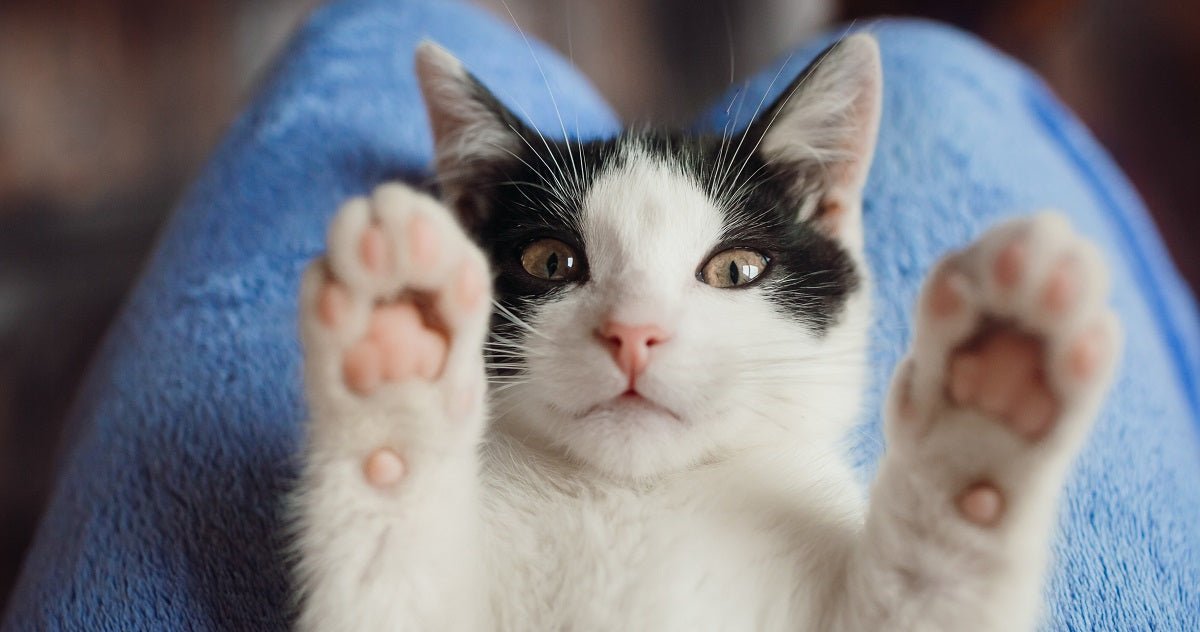
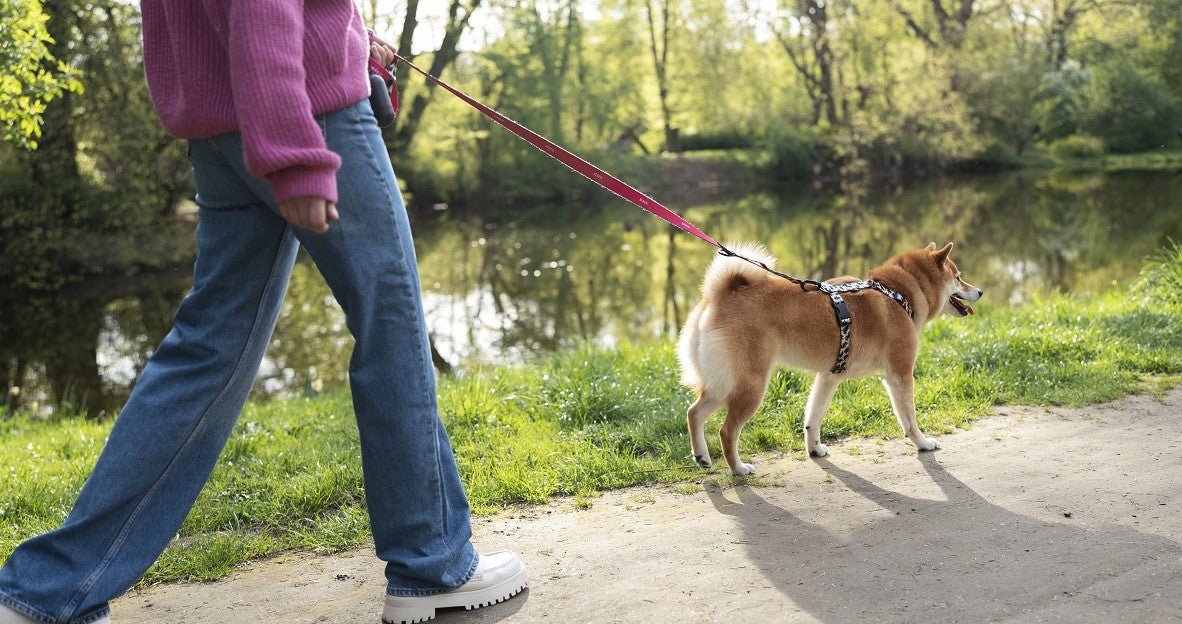
Leave a comment
This site is protected by hCaptcha and the hCaptcha Privacy Policy and Terms of Service apply.